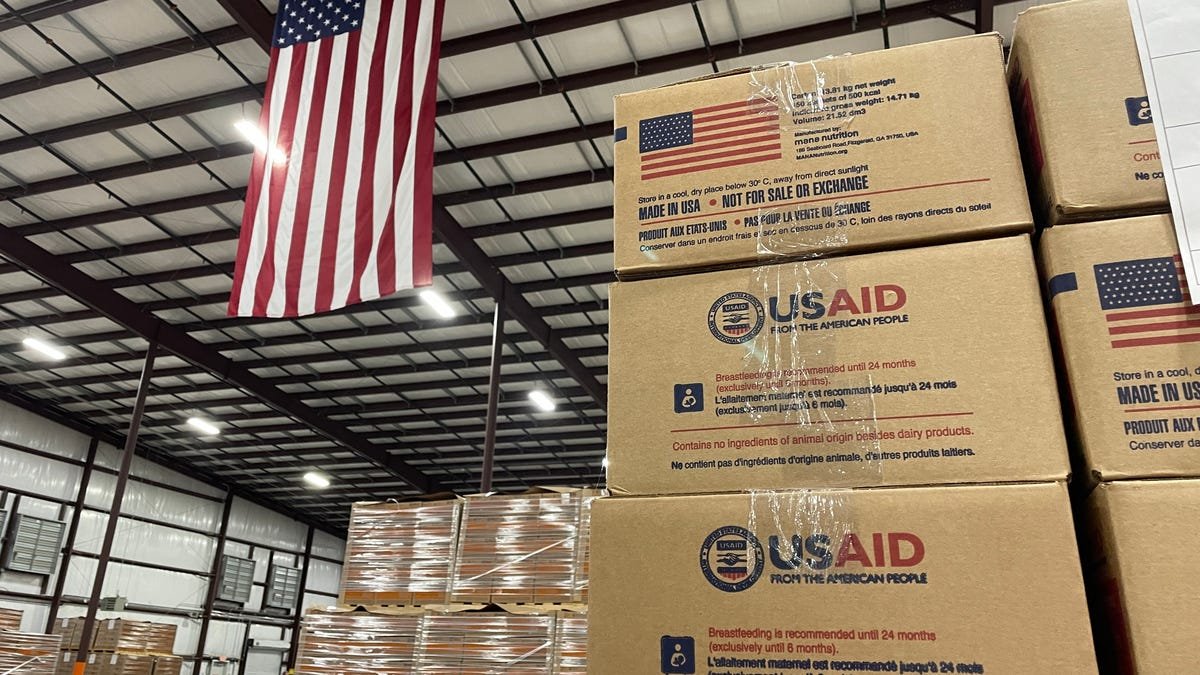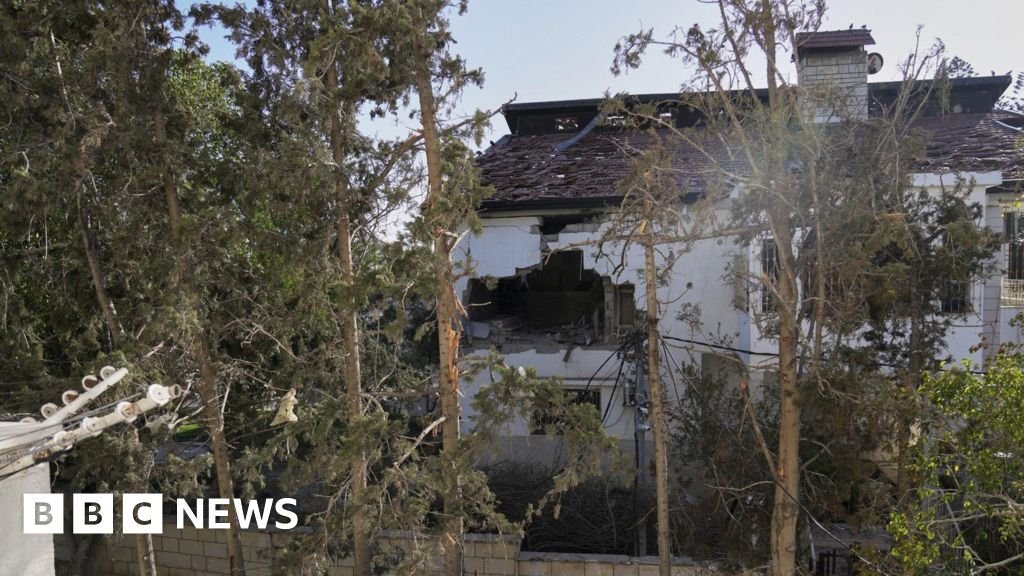I’ve had a career in international development and foreign assistance for 20 years and have worked side-by-side with USAID for most of it.
And it’s all gone, nearly. But first, let me back up.
The village where I lived in Madagascar during my Peace Corps service was safe, and the Malagasy people were eager to talk of the U.S., which they said saved the world from Hitler. I chuckled at this, but Americans, I believed, did represent the best of humanity, with USAID at the forefront. Around my village, the agency built dirt roads. Installed water wells. Protected lemurs. Promoted nutrition. And it’s very presence safeguarded me as I served my country.
I’d only learned of “foreign assistance” during my pre-service training, where I met a guy named Nick. Like me, he was slated to teach in Madagascar with 28 other souls from 15 different states. Nick came from D.C., so I asked what his father did.
“He has a very important position at the World Bank,” he said.
I remember this moment distinctly. My blood pressure surged. My heart pounded. My palms moistened and my face twitched as I forced a gentle nod: “Cool,” I said.
A Missouri girl, I felt inadequate as a global citizen — questioning both what I had to offer the world and my understanding of it — and I didn’t know about “the Bank,” but Nick’s assurance of its esteem spurred me to learn quickly about the players in foreign assistance. Years later, when my cousin asked if “the Bank” had tellers, I again nodded. This nod, though, didn’t mask my ignorance, and it became my norm. By the time I was knee deep in my career, I’d given up talking to family about what I did.
It always felt against the spirit of the work to advertise foreign assistance, which is complicated presently and historically. Most people don’t go into it for glory, and even when they embrace it as a diplomatic tool, the underlying motivation remains to put others above oneself. Yet our humility, and enduring reticence, has cost us dearly, making USAID low-hanging fruit ripe for disparaging in the name of politics, 2025-style.
Never mind that USAID accounted for less than 1% of the U.S. budget with a chunk going to U.S. farmers, small businesses, and non-profits. Never mind that its programs deterred immigration. Never mind that it fortified faith-based organizations. Never mind that it kept China out of countries that, until recently, trusted America at its word. “Never mind that” drove Congress to look the other way as an institution it once hailed was destroyed. Sure, it still “exists” in that 15 staff will remain at the State Department, but instead of teaching people to fish so they can eat for a lifetime, they will give them a fish so they can eat for a day. The latter is charity, the former is development, and development was USAID’s tool for amassing global influence.
The fault for USAID’s demise also extends to the federal government, which has never excelled at self-promotion. Reminding Americans about the programs — domestic and foreign — scaffolding us fell off before my lifetime. My own early knowledge of Peace Corps came via films like “Dirty Dancing,” wherein Baby says she wants to join. USAID, though, never held a place in the American psyche, and I learned of its importance in 2004 in that Malagasy village. Jeeps regularly passed through with “USAID” stamped above the tagline, “From the American People.” This declaration heightened my patriotism and made me feel closer to home on hard days.
Turns out, I didn’t need to be familiar with USAID, or foreign assistance, to be a successful volunteer. I didn’t even need to be a global citizen. I just needed to be me. In the Ozarks, we wave to strangers. Value public education. Respect the land. We spin solitude into soul-food, and we use our churches to aid the poorest among us without conditions. At least, we used to. My upbringing made me an engaged teacher whose students once told Peace Corps their village “would be nothing without Kelly,” and I have held this praise close to my heart for years as a reminder that just being present impacts others.
USAID was filled with the brightest. People from every U.S. state carried a torch showing the world America’s truest colors, and we were foreign assistance’s superpower, bound by a shared calling. My Ozark roots fortified my calling to serve others via Peace Corps and to continue the work until this past February when I was put on “temporary layoff.” The continued existence of my job rested on USAID’s fate, and several weeks ago — with 83% of USAID programs terminated and its staff eliminated — my layoff became permanent.
Looking back, the loss of USAID and a line of work where I lived out my Ozark values with like-minded folks is hard to fathom. But grief feeds action, and I must defend how our government has made America great, because it has. Yellowstone, Fulbright, Duck Stamps, Smokey Bear, and Peace Corps. All government-funded. PBS brought us Mister Rogers and Bob Ross. The National Endowment for the Arts (NEA) built the Vietnam Wall and issues the National Medal of the Arts. Missouri’s own Thomas Hart Benton was paid with NEA funds for his final painting, which hangs in the Country Music Hall of Fame.
It’s not just retirement and healthcare. The federal government funds opportunity, art, culture, recreation, and hunting. It gives voice and shape to American character — from sea to shining sea — and the richness of our lives, alongside our safeguards, is at stake in the slash and burn underway in D.C. We’ve forgotten comfort is not a given and are being fleeced of the blankets preserving American privileges, starting with USAID.
When DOGE entered Peace Corps headquarters, I wish I wasn’t worried, but I am given DOGE’s pattern: enter, lay off, terminate. Losing Peace Corps — a voluntary national service program — would all but destroy the remains of global goodwill, so watch it closely and read up on USAID (or the U.S. Institute of Peace or the Institute of Museum and Library Services, etc.). Learn from the dismantling of these places because everything is on the chopping block, including something you cherish or rely on. Then take action to protect the richness of American character, especially the idea that to put others above oneself is the highest human calling.
Kelly McCorkendale is a graduate of Willard High School and Missouri State University who joined the Peace Corps after graduation and went on to work at the United States Agency for International Development before her job was eliminated.
USAID’s demise foretells a loss of American influence, privilege and character | Opinion – Springfield News-Leader



